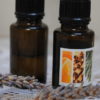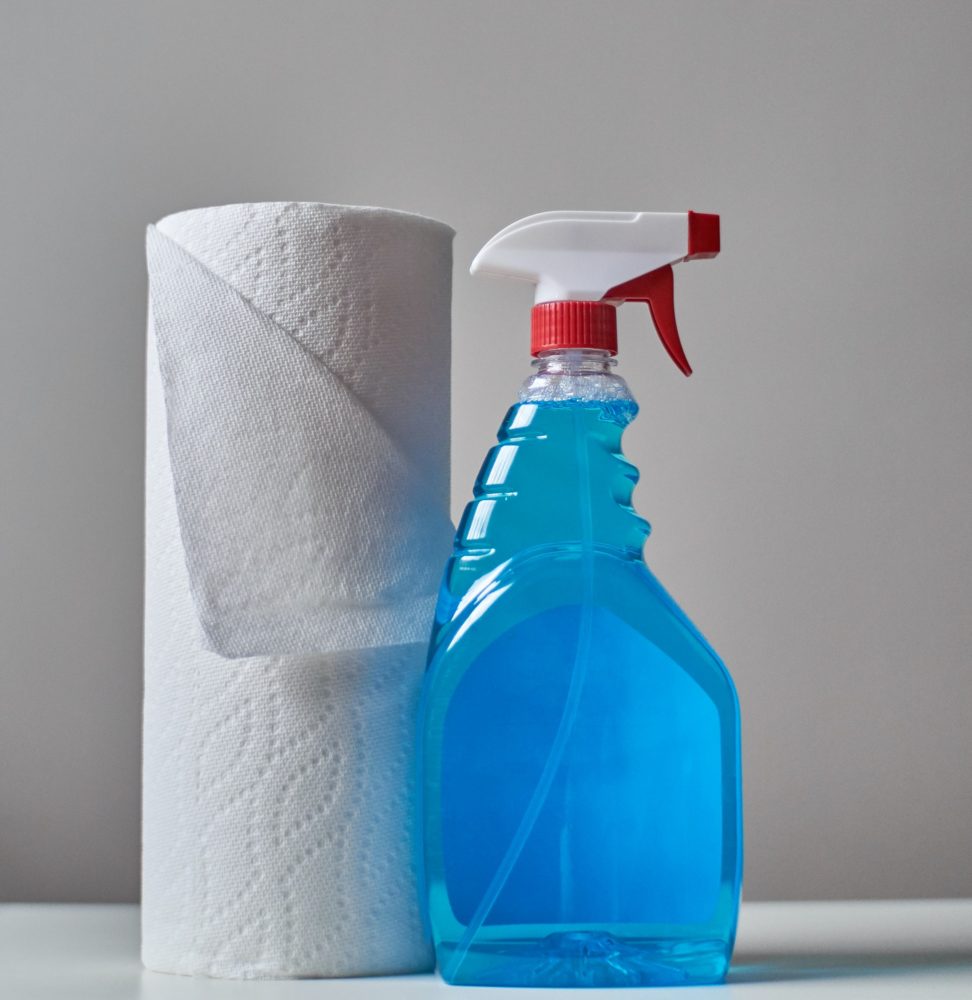I bet we’ve all thought more about germs and microbes than ever before. After the last year, it’s also easy to think that we need to blanket every crevice of our homes and bodies with chemicals.
Taking smart steps to be healthy is always, always prudent. But what if we’re inadvertently adding harmful substances into our home environment that contribute to a decline in health?
As an example, let me share a story I recently heard at a virtual health seminar:
An ICU nurse observed that her 9-month-old came down with a respiratory issue. Even with her professional background and her experience with her nine other children, she couldn’t figure it out; so, they visited the practitioner. Long and short, the doctors, nor this nurse mom, could nail down the issue.
While talking with a friend about the situation, this friend asked the nurse if she’d be open to considering other natural ideas. No, not at that time. Three years passed and her daughter continued to take numerous medications to help her breathe with not much improvement. The nurse revisited the idea of “other options” and talked with her friend. While talking through the uses of natural oils in place of chemicals, the conversation unearthed hidden culprits—the numerous chemicals in her daughter’s environment.
The nurse realized that she’d been adding chemicals to her home that were aggravating her daughter’s respiratory system. Her daily routine included lighting candles throughout the home for ambiance; reloading the plug-in fragrances; spraying Febreze on all soft surfaces; covering the carpet with powder; washing laundry with perfumed soap; using scented dryer sheets; and sprinkling baby powder on the kids’ mattresses as she changed sheets and fluffing them until a slight cloud of powder pushed through the sheets.
While she “loved the smell of her kids in the morning,” she realized that her family was inhaling and rolling around in chemicals. She changed her routine, using other products. With this change, her daughter’s breathing improved.
We all come in contact with more chemicals in our cleaning and personal products than we think. For example, the “average woman puts 515 synthetic chemicals on her body every day without knowing.” These everyday items can introduce toxins and irritations that wear down our health (see WebMD’s list of 12 common irritants.)
What’s Around Us?
If there is one good health takeaway from this rough year, I’m hoping that 1) we’ve all learned the power of handwashing with soap, and 2) we start to think about how our cleaning habits and products affect our health.
Maybe you’re a person who has always scrubbed and fragranced your home? Maybe you’ve been adding more cleaning routines to your life? Maybe you’re still feeling new to the whole cleaning habit-thing?
Well, no matter your background, don’t fall into the habit of thinking that we need to oversaturate our home in chemicals in order to clean.
Your home doesn’t need to smell like artificial flowers or reek of chemical compounds to be clean. We’re often thinking we’re cleaning our house but inadvertently we’re introducing another chemical that our bodies have to process, and they sometimes cause immediate or long-term reactions and health issues. We’re becoming a society of sterilization, and then we’re introducing chemicals that exasperate health issues. This is a big topic, so let’s keep it simple for this blog. For more explanation on this, watch my last online class here!
Two Ideas to Guide Your Home-Cleaning:
- Be informed about what’s in your cleaning products. An excellent source to get started is https://www.ewg.org/. Toxic cleaners under your cabinets actually off gas even when you are not using them. Best to remove them from the home and replace with non-toxic cleaners, or better yet, make your own!
- Evaluate and remove irritants from your home. Use EWG to become more informed. The above WebMD article also lists 12 common irritants, which also includes items like clothing as well as store bought cleaners. Perhaps you need an air purifier to purge the toxic air in your home? The air in our homes can be much more toxic than the air outside because of all the chemicals we have introduced! Take a look around and if you recognize anything that could be an irritant or toxin, remove it! If you can introduce alternatives that are affective at cleaning while reducing toxins, that’s a winner.
Just start with one item. Don’t let it be overwhelming. If you have questions, let me know. Also, if you’re ready to learn more about this topic and other topics, I have classes every month on my Facebook page. I just had a class all about Spring Cleaning the Non-Toxic way! Our next class will be this month, Thursday, April 29th at 3pm! We will be covering the importance of sleep and how to improve our sleep performance! Join us!



![z31[1]](https://simplywholebydevi.com/wp-content/uploads/2018/06/z311-100x100.jpg)












